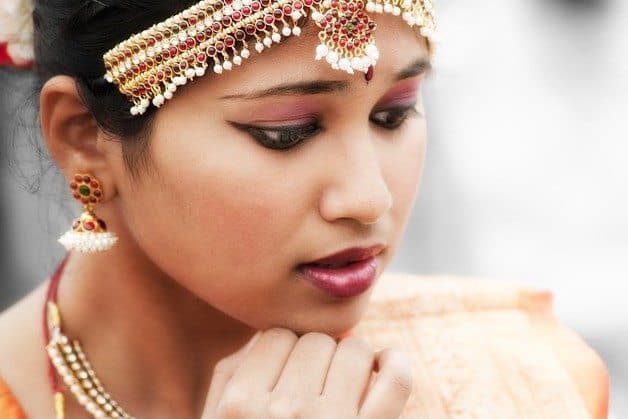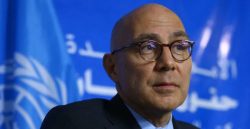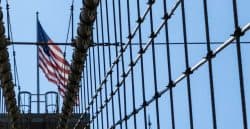Dhaka is the capital of Bangladesh. On its northern outskirts is a slum called Duaripara that serves as home to 40,000 people. The lives of teenage girls are very difficult there…
Dhaka has one of the greatest rates of child marriage in the world. Half of Bangladeshi girls marry before they reach legal age.
[Farhana Haider, a BBC reporter] For a documentary as part of the BBC Identity season, I met teenage brides who were married and abandoned before they were 16. Like many people living in Duaripara slum, 15-year-old Rogina moved to Dhaka looking for work. She arrived with her father, brother and sister last month, leaving her mother and three other siblings 150 miles away in Sylhet, where she had been married off to a man 12 years her senior.
She said, “I got married at 13 or 14 years old, while I was still at school. It would have been better if I could have said no. The day after the wedding he did it forcibly. When he grabbed me I screamed. I felt very scared but he said, ‘There’s nothing to fear, all girls do it after marriage. You’re not a child any more. You’re married now so you’ll have to do and listen to what I say.’” Within three months he was gone.
Another 14-year-old bride, Sharmin explains that her new husband demanded a dowry of 30,000 taka (£270). “After marriage he stayed for nine months with me and then he started saying, ‘You have to bring some money so I can start a business.’ So he beat me up and then he left.” When her husband left her, she was four months pregnant.
Marriage is all about money in Bangladesh. Girls sometimes marry to be cared for because their families can’t afford their care. But it is not unusual for the husbands to eventually demand money or dowries which the girls’ families can’t pay.
Click here to watch the documentary. To read the entire article, click the link below.







Freedom United is interested in hearing from our community and welcomes relevant, informed comments, advice, and insights that advance the conversation around our campaigns and advocacy. We value inclusivity and respect within our community. To be approved, your comments should be civil.